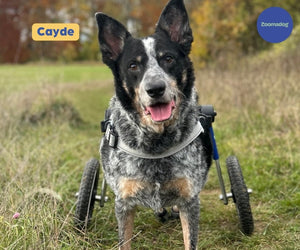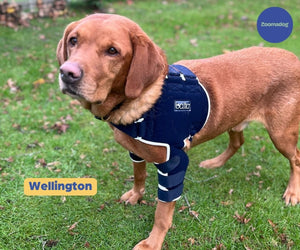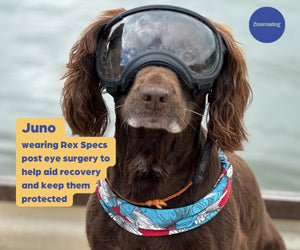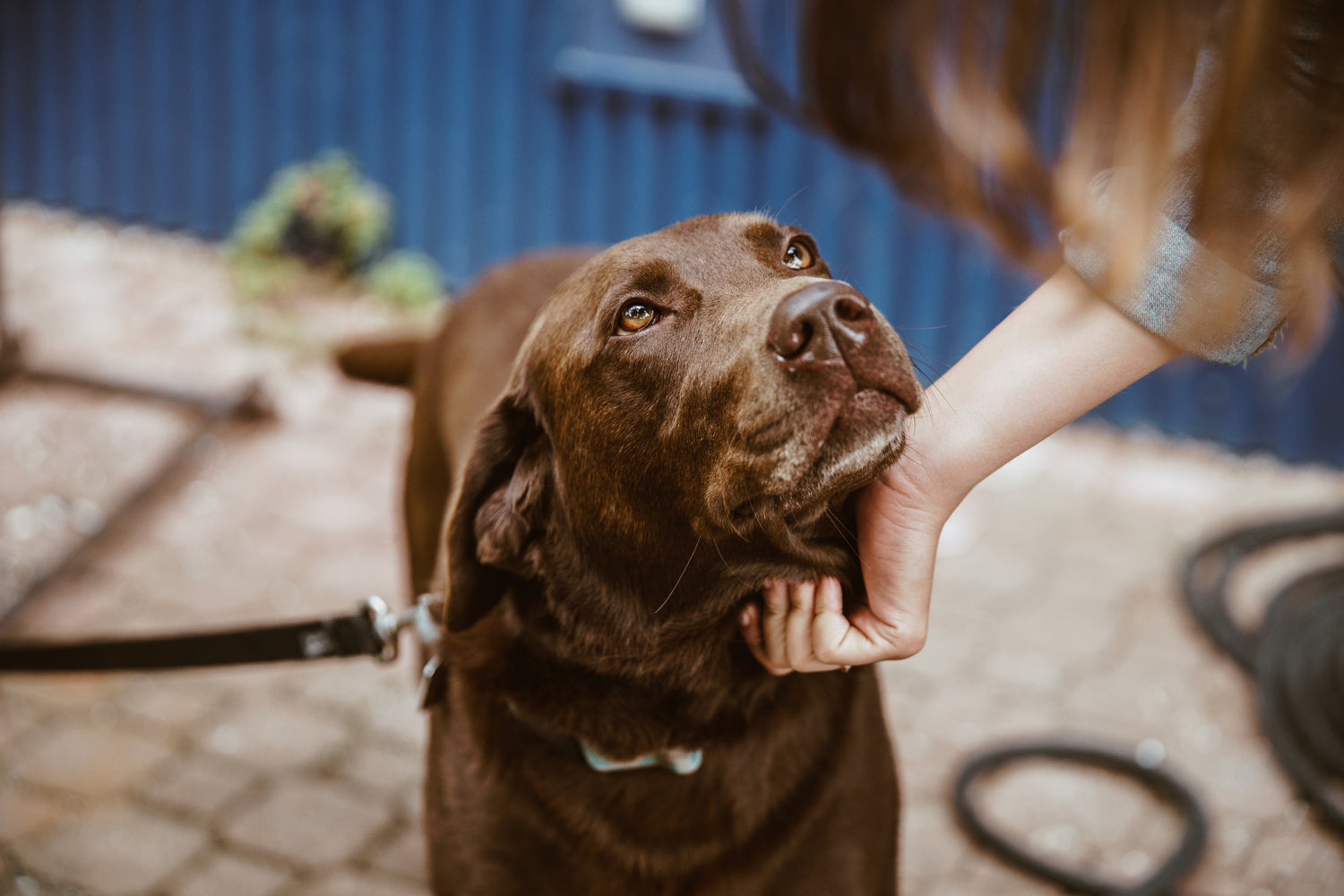How to Prevent Additional Injuries to Your Dog
Early Detection:
Dogs are tough and stoic when it comes to hiding pain. If a dog is visibly limping, the pain has likely become too great to hide. Getting your dog to a vet to determine the cause of lameness is a must. This allows you to determine and treat the main issue before it develops into additional injuries.
Proper rest and recovery time:
Don't rush your dog back into action after ACL surgery. Depending on the surgical procedure used, it can take up to three weeks before a dog can even bear weight on his injured limb. For all dog ACL surgeries, exercise restriction is typically recommended for at least eight weeks. Keep in mind your dog is not going to naturally take it easy, especially if the pain has abated. It's up to you to supervise and restrict activities to give the injury adequate time to heal.
Physical therapy, muscle building:
Dogs that receive physical therapy after surgery generally recover more quickly than dogs that don't. Dog physical therapy uses adaptations of the same types of modalities and techniques used for humans, typically a combination of manual therapy and therapeutic exercise. The goal is to reduce pain while helping to rebuild muscle, increase mobility and enhance function. A full and fast recovery significantly reduces the risk of additional injuries to your dog.
Joint supplements:
Quality
joint supplements, such as
TopDog's Omega-3 supplement, can contribute to good joint health. While supplements can be particularly useful after surgery for a dog's torn ACL, you don't have to wait for an injury to occur. Supplements can be used for dogs of any age at any time, whether they have existing joint issues or not.
Weight management:
Obesity can greatly increase the risk of a torn ACL and other injuries in dogs. Paying attention to the quality and quantity of food you serve your dog is one of the easiest ways to manage your dog's weight. You're better off following feeding recommendations from your vet or other trusted source over the instructions on the dog food bag. Many pet food manufacturers recommend an unnecessarily excessive amount of food, and it's easy to fall into a habit of dispensing far too many treats. With early detection, immediate action and a strategic recovery plan, you can greatly reduce the risk of additional injuries related to a torn ACL. Make quality supplements from TopDog Health Rehabilitation part of your plan, and the benefits can be greater still.









Leave a comment